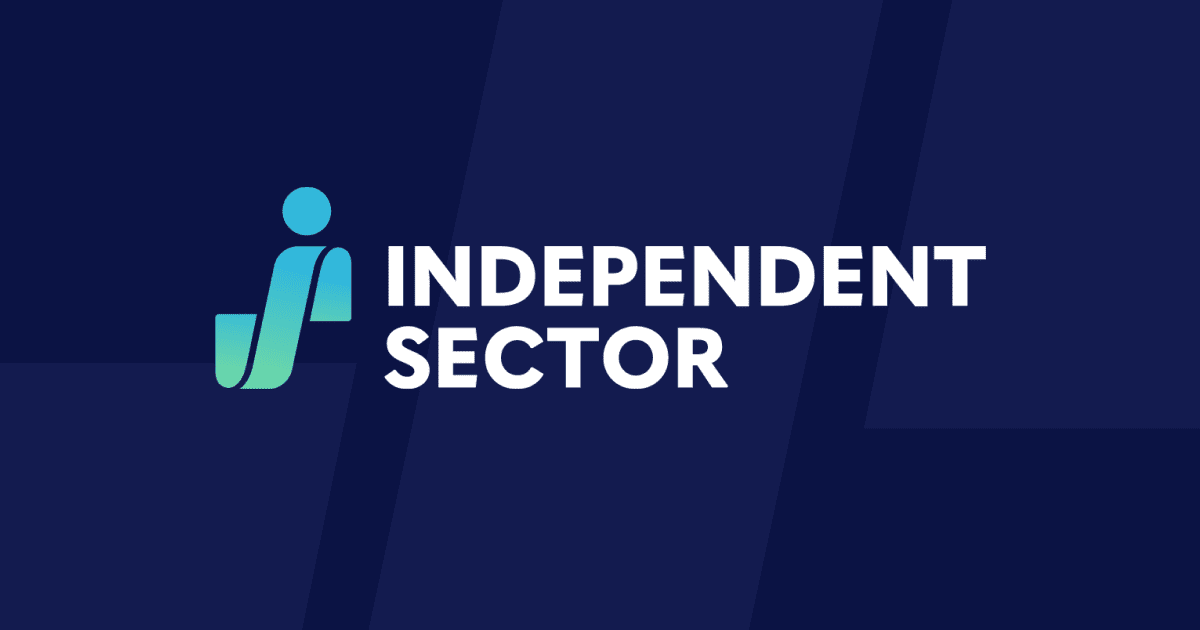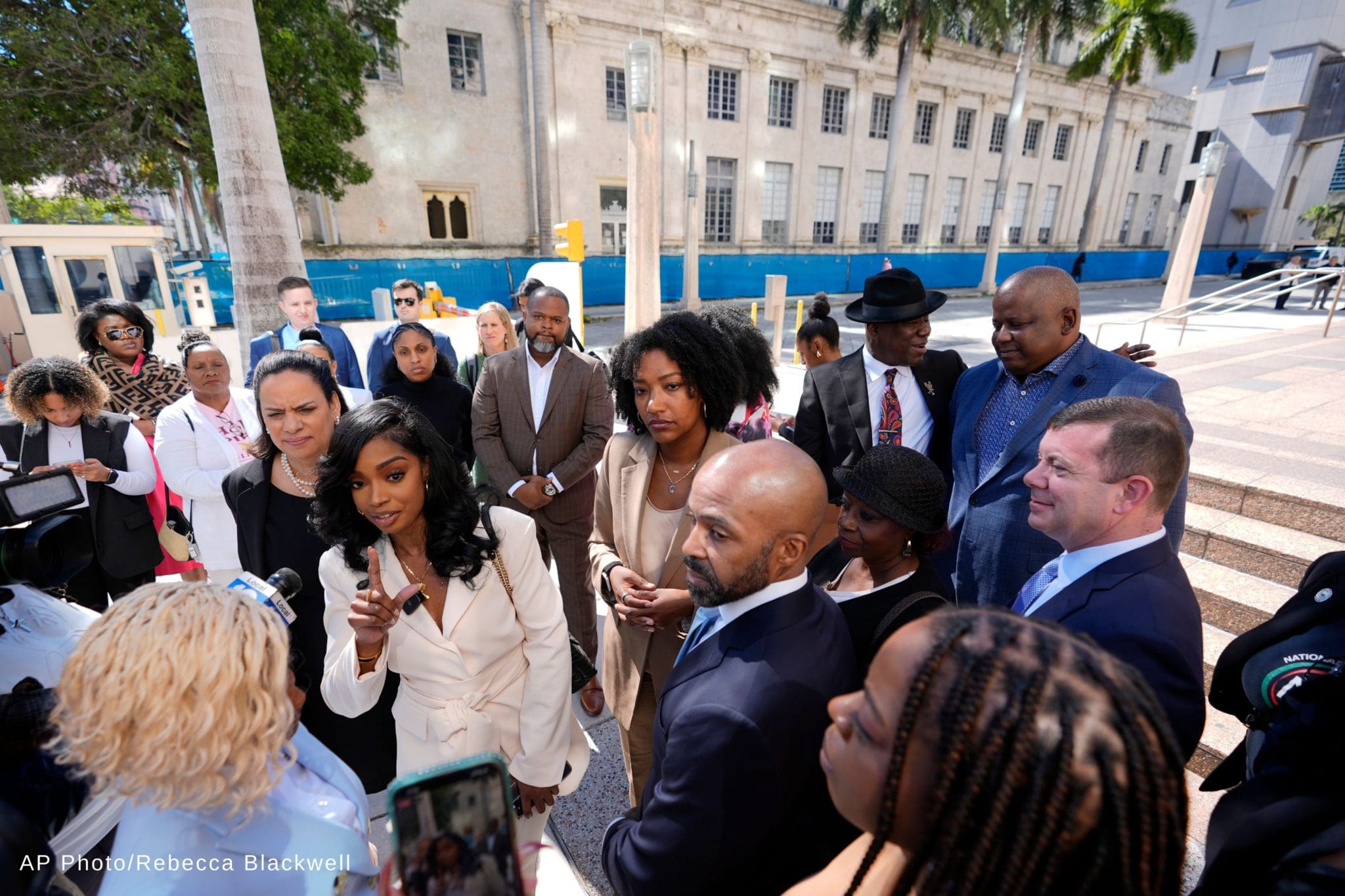The following is curated to help nonprofits achieve racial justice and systemic change by through centering racial equity into their policy and overall strategic work.
Principles for Racially Equitable Policy Platforms: Many nonprofits struggle to understand how the concept of racial equity intersects with their existing policy work. Implementing equitable reforms at the core of policymaking requires a full evaluation and analysis of the policies and practices that inform the most important decisions across all sectors. Implement these principles to ensure that equitable frameworks are being applied to your nonprofit’s mission and policy agenda.
Action Guide or Equitable Governments: How does one implement a comprehensive racial equity policymaking strategy? Why are they important? What is the theory? What is the practice? How does one advance sustainable systemic change? This resource guide provides strategies and theories of change using racial equity tools, policy frameworks, organizational capacity building, mechanisms to measure progress and impact, and more.
Operationalizing Equity Toolkit: This racial equity toolkit is both a product and a process that is designed to integrate explicit consideration of racial equity in decisions, including policies, practices, programs, and budgets. Use this tool to develop strategies and actions that reduce racial inequities and improve success for all groups.
How-to Manual for Racial Equity Action Plans: This manual provides guidance for developing individual Racial Equity Action Plans after a period of research and information gathering. In addition to providing guidance and tools to conduct research, this manual includes Results Based Accountability framework to achieve meaningful improvements and equitable outcomes for all.
Getting Equitable Results Resource Guide: To advance racial equity, government must focus not only on individual programs, but also on policy and institutional strategies that create and maintain inequities. This six-part strategic approach is designed to help community organizations and members address all levels of institutional change.
Grant Making with a Racial Equity Lens: This tool is designed to help grantmakers and foundation leaders apply a racial equity lens with explicit attention to race and ethnicity while analyzing problems, looking for solutions, and defining success.
“Building the We” Case Study: Healing-Informed Governing for Racial Equity is a case study that features successes and lessons from a community solutions approach: 1) Combining racial healing with systemic equity. 2) Building a joint process led by city government and community advocates.
From Disenfranchisement to Voice, Power, and Participation: Learn how closing racial equity gaps will take an ecosystem approach that works across sectors for better alignment, trust-building, and program implementation. Through this process, collaborative partners will identify three essential elements of systems change.
Workforce Development Racial Equity Readiness Assessment: This toolkit is designed for practitioners who have a foundational knowledge about the theories and realities of institutional racism and are working to build racial equity within organizations.
Communities of Opportunity: The COO Learning Community strategy supports shared learning, critical connections, capacity building, and equity transformations for partners who are looking to design and scale community solutions for greater social, economic, and racial equity.
Three Steps Forward Commitment: Integrate coalition mapping into your advocacy strategy by joining new coalitions and adding new voices and perspectives to your current coalitions. This coalition mapping tool comprises 200 organizations, local governments, businesses, foundations, schools, and universities who are working to reduce inequities by dismantling structural racism, city by city, town by town. Use this capacity building tool to LEARN, ACT, and PARTNER with allies to improve outcomes for all nationwide.
Racial Equity Organizing Tools : Sign up for Race Forward’s “Shifting Power,” the second training of Race Forward’s Building Racial Equity series. Participants will build on and strengthen racial equity practices for themselves and their organizations and networks. This training will strengthen participants’ collective analysis of power while providing useful tools and frameworks to shift power within groups, institutions, and other formations seeking to advance racial justice.
Equitable Recovery Pledge: Join this growing movement for transformational change to advance solutions with particular attention to Black, Indigenous, Latinx, and Asian communities that are disproportionally impacted by oppressive systems and inequities. Apply the Principles for a Common-Sense, Street-Smart Recovery to your civic infrastructure policies to ensure that your nonprofit’s recovery efforts resolve disparities in low-income communities and communities of color.
Public Participation Resource Guide: The most fundamental way nonprofits can apply equity to public policy is by helping constituents participate in public policy decision-making. Use proposals from this resource to ensure the communities you serve are represented in the decision-making and legislative processes.
Racial Equity Resources for Philanthropy: COVID-19 is more than an unprecedented public health crisis, it’s a racial equity crisis. Every impact felt by the global community has been magnified for Black, Brown, and Indigenous people of color, communities that are traditionally underserved and marginalized in the best of times. Use this curated list of racial equity and social justice resources to help inform your organization’s responses to COVID-19.
Independent Sector “Health of the Nonprofit Sector” Report: Nonrepresentative surveys of nonprofits indicate that 63-74% of organizations engage in diversity, equity, and inclusion activities. These blind spots are created by a lack of racial and ethnic diversity as they may result in strategies and plans that ineffectively address societal challenges, inequities, or even reinforce them. One best practice to support equity and inclusion across board leadership, staff, and the communities that nonprofits serve is to formally incorporate equity into organizations’ operations. Review the report to learn more about the demographic composition of the nonprofit sector and how it impacts your pursuit to establish fair and equitable governance.
Racial Equity Training Series: Coalitions are critical to the creation of a racially equitable future. Some of the most effective ways to partner and connect are through in-person (when safe to do so) and virtual trainings and convenings. Race Forward’s Building Racial Equity series is a collection of interactive trainings for those who wish to sharpen their skills and strategies to address structural racism and advance racial equity. Unlike “diversity trainings,” which primarily focus on interpersonal relations and understanding, the Building Racial Equity trainings emphasize how to challenge and change institutional racial inequities.


